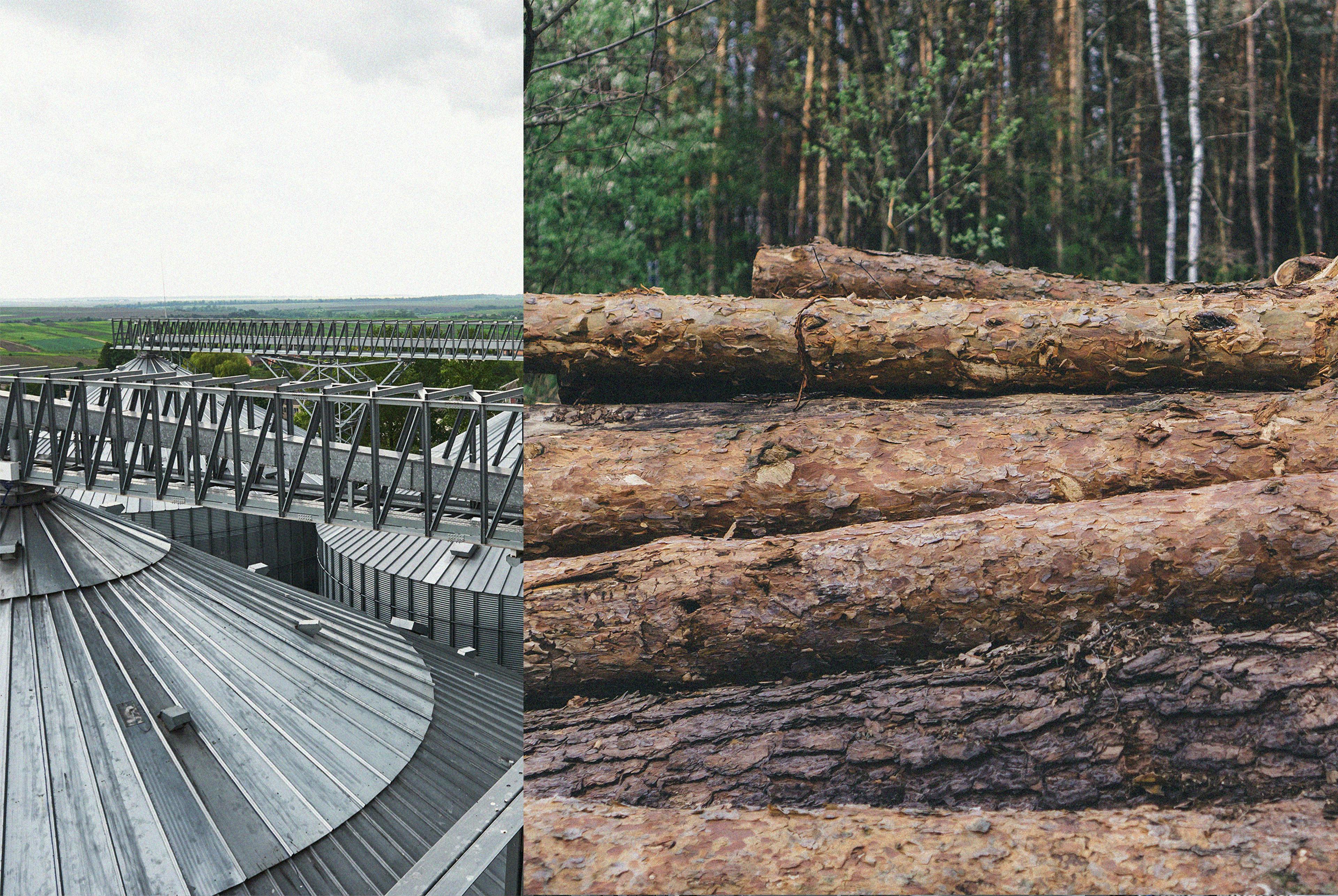Decision Trees: Leveraging the Altana Atlas for EU Deforestation Regulation Compliance

Since June 2023, the European Union Deforestation Regulation (EUDR) has been an important turning point in the global fight against deforestation. With stringent traceability requirements, the law requires importers of key agricultural and other forest products to understand their multi-tier supply chains from raw material to finished product.
Products ranging from rubber to soy, coffee to bacon, leather to palm oil, glycerol to eggs, construction-grade timber to book pages—all these globally-exchanged goods are derived from forested lands or land that once supported forest. They, and their tens of thousands of derivative goods, play an integral role in today’s global food system and trade economy. Yet when forests are cleared, or even disturbed, they release carbon dioxide and other greenhouse gasses. Forest loss and damage causes global warming. There’s simply no way we can fight the climate crisis if we don’t stop deforestation. It is with this balance in mind that the EUDR attempts to curb the pace of deforestation and push companies to take ownership of the full effects of their multi-tier supply chain.
This is where multinational companies are using Altana's Atlas. Harnessing the power of artificial intelligence, large language models and cutting-edge data integration techniques, the Atlas assesses the risks associated with deforestation and forest degradation and builds real-time monitoring and reporting around each variable. This enables ongoing supervision by all parties within a supply chain and provides the needed documentation and reporting required under Article 9 of the EUDR.
Read more in this case study to learn about how your company can use the Altana Atlas to achieve a nuanced, defensible understanding of the origin of all materials in your multi-tier supply chain, and ensure you and your partners do not run afoul of the EUDR or any other pieces of emerging international legislation.
